In traditional finance, private companies have control over their clients’ funds and transparency is often lacking. In contrast to this, DeFi projects are often run by a DAO which allows all users to participate in the decision-making process.
This is made possible by a variety of tokenized governance models, many of which are still a work in progress. The following articles explore the basics of DeFi governance methods - read up and try our quiz below!
1. What is a DAO?
A decentralised autonomous organisation (DAO) is a novel way of running a project, underpinned by the transparency and trustlessness of blockchain networks. No individual has control over funds stored in the DAO’s smart contracts, and anyone is free to contribute to the project.
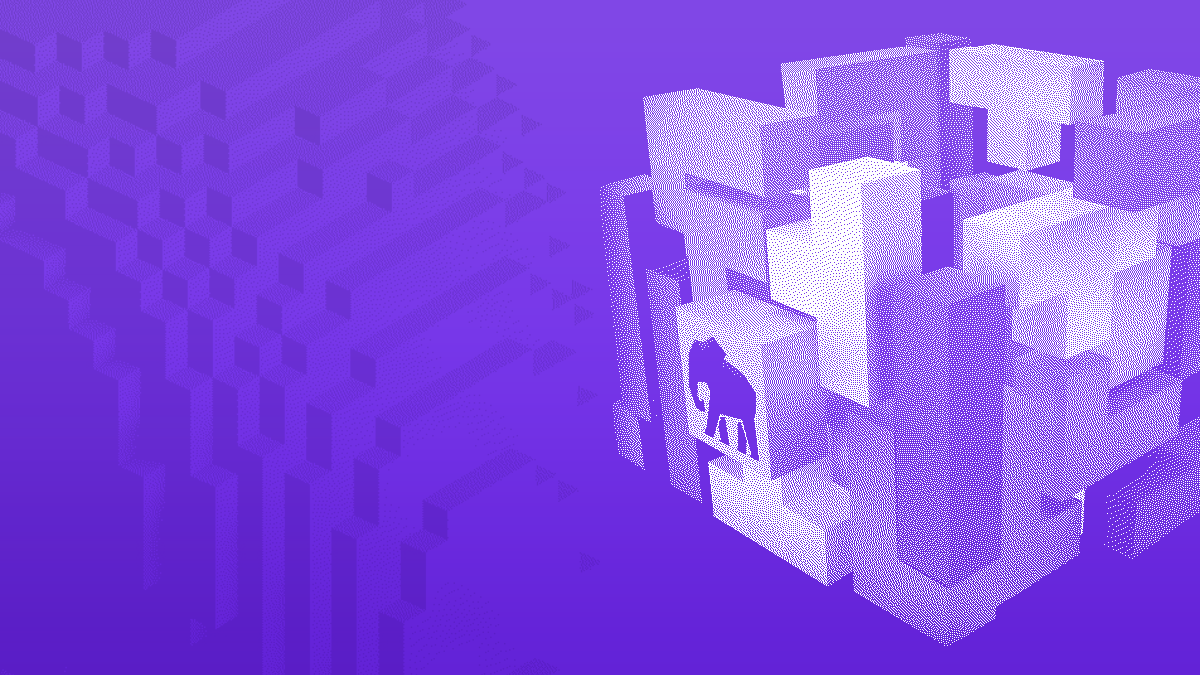
2. How does Governance work in DeFi?
A wide range of governance practices exist in DeFi from informal community feedback sessions to strict on-chain voting. Improvement Proposals may come from within the DAO or directly from community members and if an idea gains sufficient support, a vote will take place.
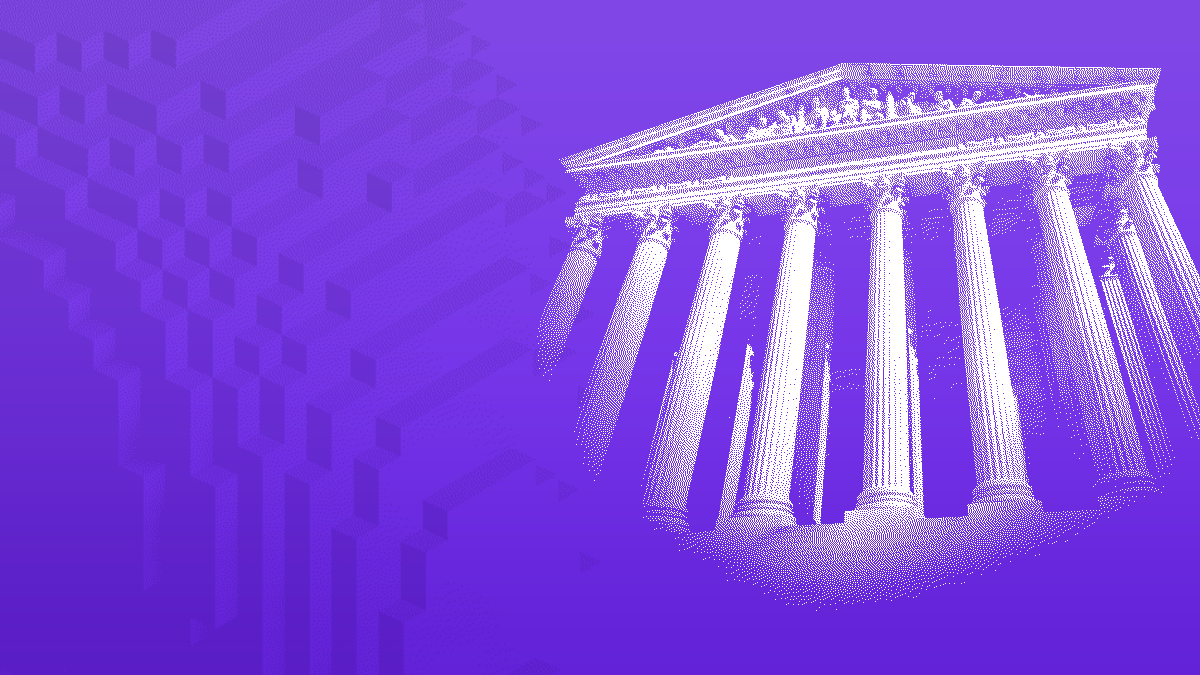
3. What are Governance Tokens?
Governance tokens allow users to participate in the voting process and may provide other benefits, too. Given the influence that they represent, these tokens may also have significant monetary value. Votes are usually weighted by the amount of the token a user holds, which often leads to low “voter turnout” for those who hold smaller quantities.
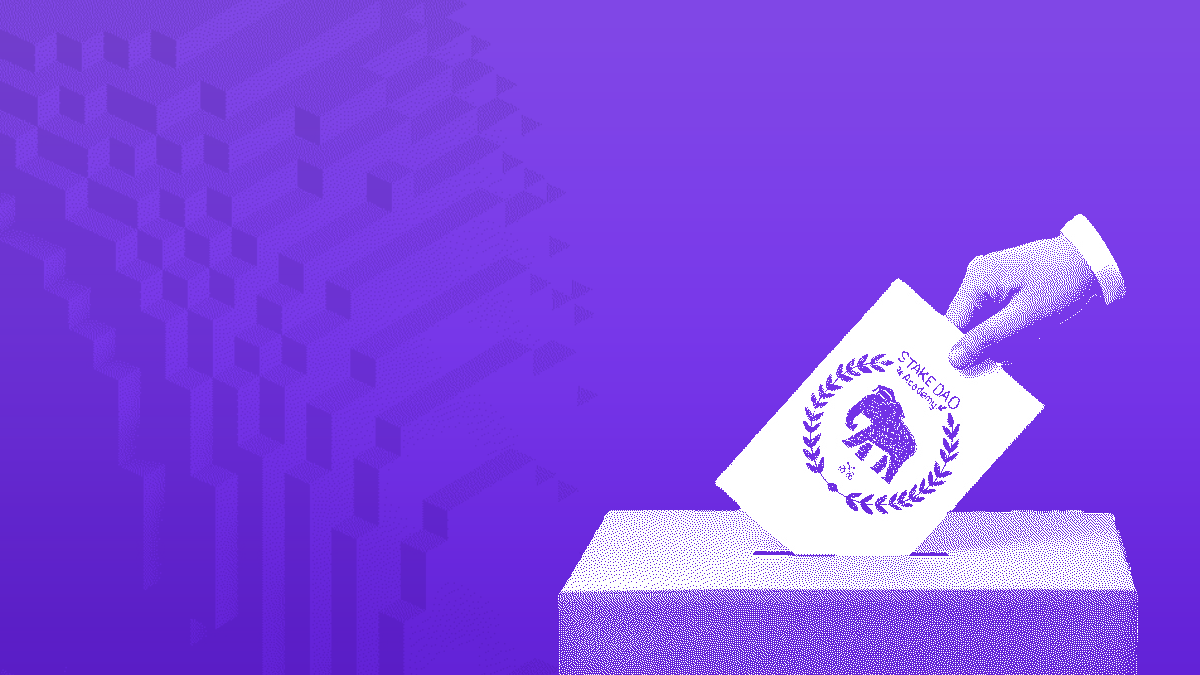
4. What is Tokenomics?
The way in which tokens are distributed and emitted over time is referred to as tokenomics, and a wide variety of models exist across DeFi. Tokenomics is especially important when it comes to governance tokens in order to build a loyal community with a vested interest in the wellbeing of the project.
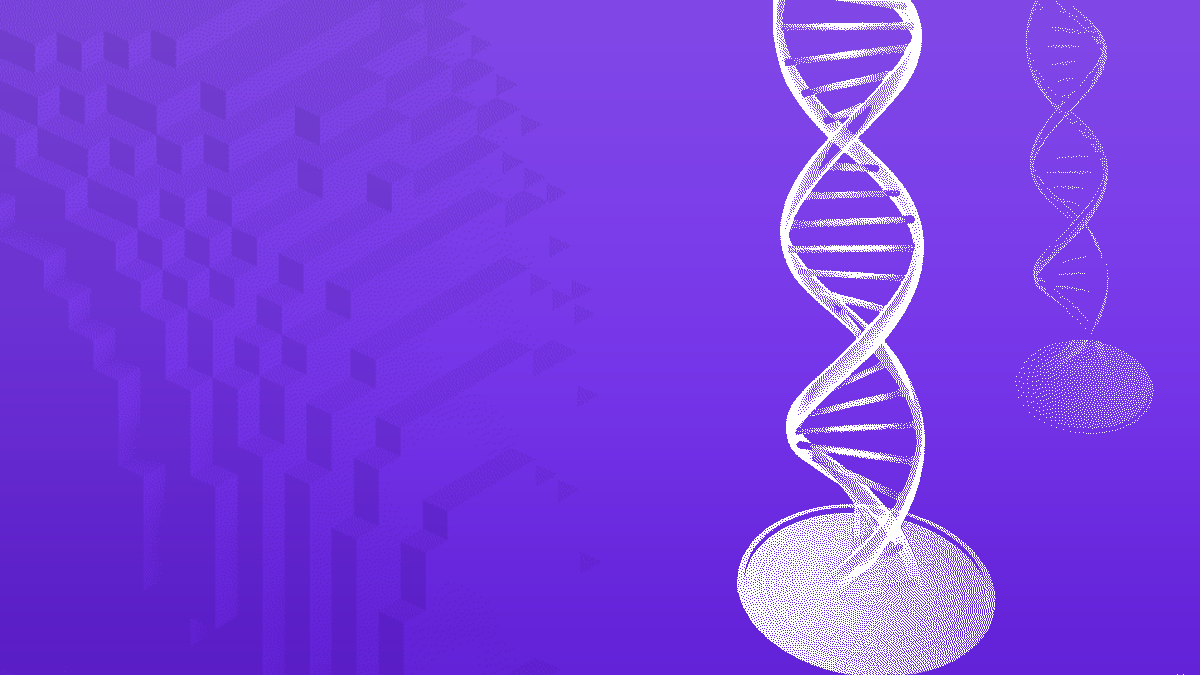
5. What are veTokens?
(Vote-escrowed) veTokens come from a particular model of tokenomics in which users must lock their tokens for set periods of time in order to vote. This creates a long-lasting link with the protocol, while simultaneously providing financial benefits. As well as to individual users veTokens are valuable to other projects who build on top of each other, promoting composability, one of the key characteristics of DeFi.
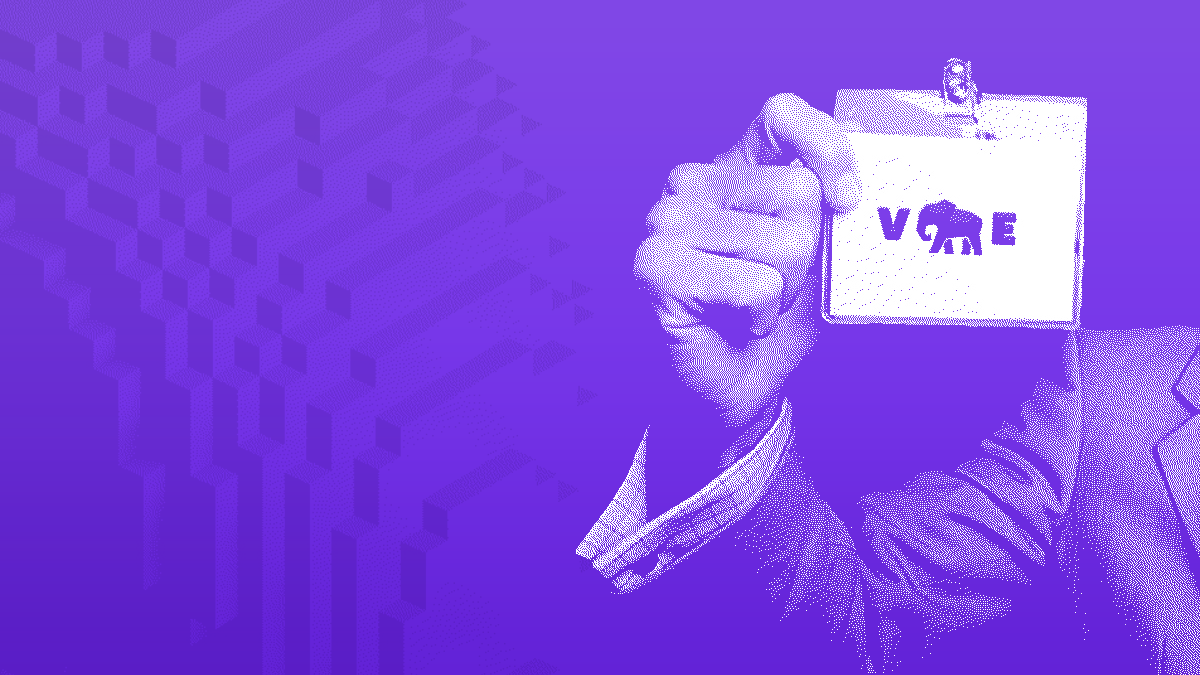
Summary
DAOs are a way to democratise participation in a project, based on the willingness to contribute to an open organisation. DAO governance is a simple proposition but leads to a myriad of different executions. The balance between strong tokenomics and meaningful governance is a fine line and DeFi projects are constantly experimenting in pursuit of an ideal model.





